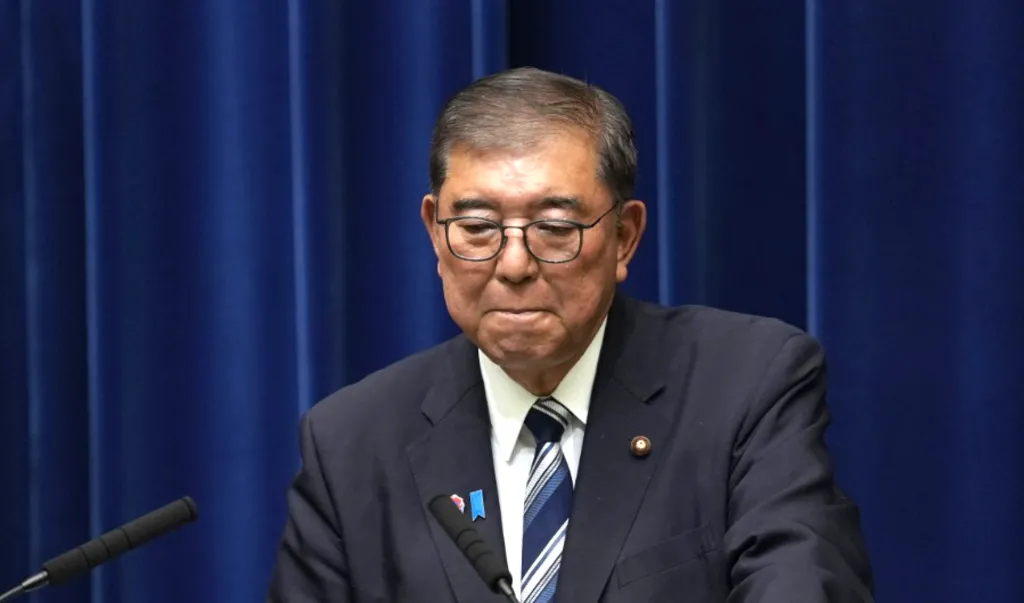Japan’s Prime Minister Shigeru Ishiba has announced his resignation after less than a year in office, following two crushing election losses that cost his Liberal Democratic Party (LDP) its majority in both houses of parliament. The decision comes a day before the ruling party was due to vote on a leadership challenge that could have forced him out. His exit throws the world’s fourth-largest economy — and a key US ally — into political uncertainty amid rising tensions with China and regional instability.
The 68-year-old leader said he chose this moment after concluding negotiations with Washington over US tariffs on Japanese cars and exports, calling it a “national crisis” that had to be resolved under his administration. Ishiba, who took office in October 2024 vowing to ease economic pressures, faced mounting criticism as inflation surged, rice prices doubled, and his cabinet appointments drew controversy.
The LDP will now select a new leader, who will automatically become prime minister following parliamentary approval. Ishiba pledged to continue his duties “to the people” until a successor is chosen, but his short tenure highlights the fragility of Japanese politics as global and domestic challenges mount.
















